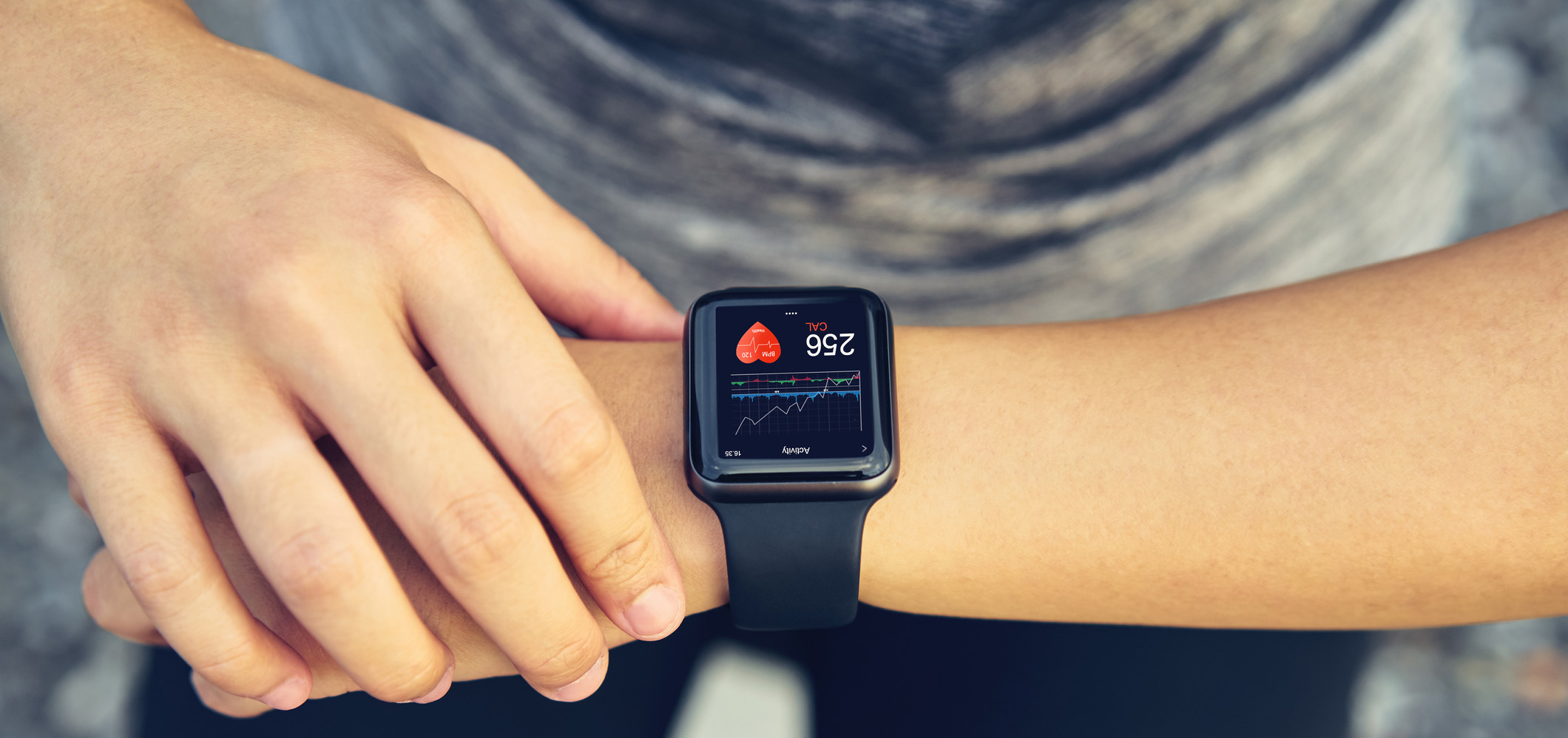
Providing patients with the option of an app-based cardiac rehab significantly increases participation and likely improves overall patient outcomes.
A clinical study of patients with cardiovascular disease by Queensland researchers confirms a landmark study of more than eight years ago which found that offering a digital health platform as an option for patients considering cardiac rehabilitation substantially improved participation rates in cardiac rehabilitation.
The findings, published in cardiovascular medicine journal JMIR Cardio, and involving 204 patients, found that participation in cardiac rehabilitation improved from 21% to 63% when app-based cardiac rehabilitation (SmartCR from Cardihab) was offered as an alternative in addition to a conventional in-person program.
The study split its cohort into patients who were offered conventional rehab only, and patients who were offered Cardihab as an alternative after declining conventional rehab.
Rates of conventional rehab rejection are very high, and can depend on a patient’s location relative to where a program might be available, the time needed to complete a conventional program, cost and psychological constraints. Often cultural factors also prevent adoption of a conventional program.
In the first randomised control study done on Australian cardiac patients looking at post cardiac rehab digital options, 62% of patients opted to start a conventional face-to-face rehab program but of that 62%, a 47% did not complete the program and 68% didn’t adhere to the program well enough to make it effective.
This research was conducted eight years ago and despite the significant implications of its findings, very little has been done in between on the topic.
According to a recent systematic literature review on cardiac rehabilitation, the figure of non-participating patients that are eligible can be as high as 80%.
Dr John T Rivers, director of the Queensland Cardiovascular Group and lead author, said that an emphasis on continued close involvement by the clinical team was a key success factor in this trial.
“The improved uptake of cardiac rehabilitation following the addition of SmartCR suggests that a significant number of patients will benefit from the convenience and flexibility of a remotely delivered virtual program”, he said.
Helen Souris, Cardihab’s chief executive officer, said that Cardihab enables patients to participate in a care plan that fits within their life.
“Cardihab provides an important option to help overcome barriers to participation in conventional in-person cardiac rehabilitation programs,” she said.
“Patients do not have to travel long distances to attend a program – they complete it from home while under clinical supervision.
“Cardihab also helps fit in with peoples’ busy work schedules and family commitments, and alleviates cost and time constraints associated with traditional programs.
The study found that providing the additional option of an app-based program was associated with an increase of 42% in overall cardiac rehabilitation participation.
Approximately 23% of patients in who declined any cardiac rehabilitation program identified technology issues as the reason why they declined use of the digital platform.
Approximately 26% did not participate in either conventional or digital cardiac rehabilitation because they were scheduled for further cardiac procedures. Others declined because of psychosocial issues, frailty or comorbidities, and other reasons.
Current readmission rates for heart surgery are estimated to be between 6%-27% after 30 days and 20%-30% after 12 months.
Although readmission rates was not in the remit of this study, lead researcher Dr Rivers did note that nominally the readmission rates observed for those undertaking the app based program were very low warranting further work.

